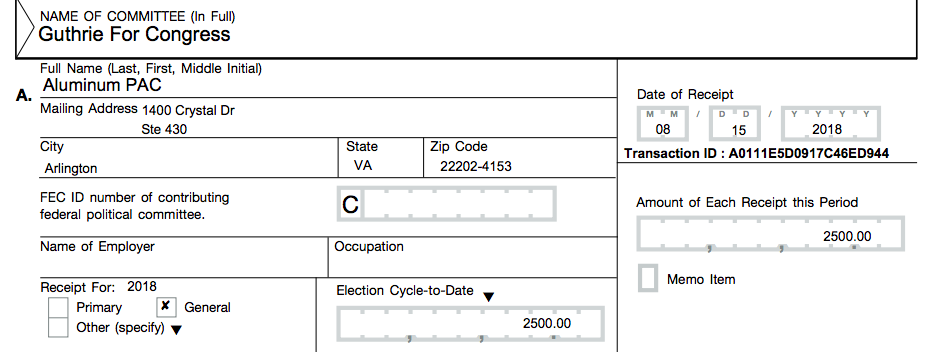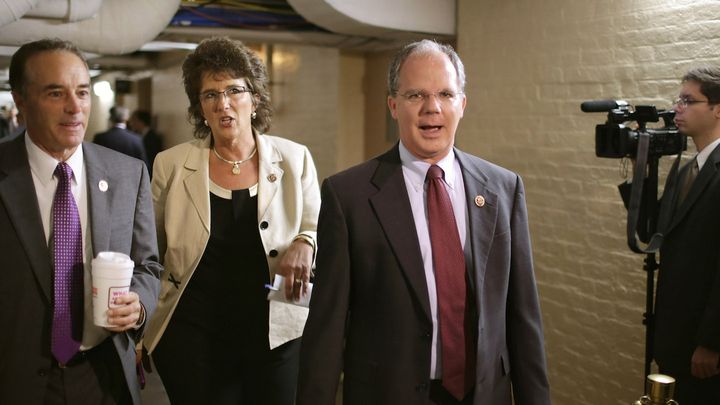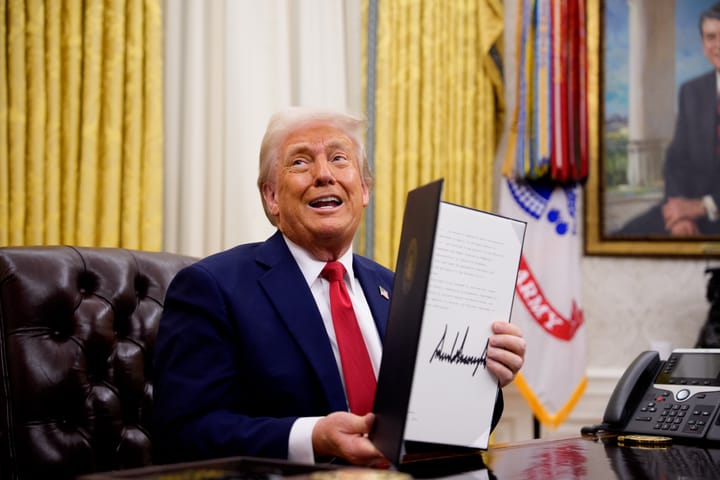A Kentucky congressman is a board member of his family’s auto components business, and he’s in a position to influence federal policy that could help that company’s interests.
Republican Brett Guthrie, who has represented Kentucky’s 2nd District since 2009, is an uncompensated board member of Trace Die Cast, a company that makes aluminum-based engine, transmission, and driveline components for the automotive industry. He has as much as $10.5 million invested in the company through equity and trusts.
Trace Die Cast received three Small Business Administration loans from 2010-12, all while Guthrie was a House member, totaling close to $5.6 million, at a cost of $403,000 to the federal government.
In the most recent session of Congress, Guthrie was part of the Congressional Aluminum Caucus, which has members “with an interest in supporting aluminum jobs in their districts,” according to co-chair Suzan Delbene (D-Wash.). He is also a member of the Energy and Commerce Committee, which has jurisdiction of interstate and foreign commerce and motor vehicle safety, among other things.
“Guthrie has a clear conflict of interest with his official duties,” Craig Holman, government affairs lobbyist at consumer advocacy nonprofit Public Citizen, told Sludge. “Serving on the corporate board is only one element of this conflict. The board service provides Guthrie with potential inside information which he can use to cash in.”
Guthrie’s office did not return a request for comment.

One issue on which Guthrie and his family’s industry align is tariffs on foreign aluminum imports, particularly from China. In May 2018, members of the Aluminum Caucus met with Commerce Sec. Wilbur Ross to discuss Trump’s aluminum tariffs, encouraging the tariffs but arguing against “a blanket, one-size-fits-all approach.”
“Chinese aluminum overcapacity has had a negative impact on the global aluminum market,” said Co-Chair Larry Bucshon (R-Ind.) in a press release. “I applaud the Trump Administration for working to address China’s unfair trade practices, but I urge the Administration to take a comprehensive look at a targeted approach when it comes to aluminum tariffs.”
Roughly two months later, Guthrie said he was concerned about Trump tariffs and would support a bill to require congressional approval over new tariffs “other than China and some other thinks (sic) you can directly link to national security.” His position likely aligned with companies like Trace Die Cast that could see material costs rise under across-the-board tariffs.
Meanwhile, the top aluminum industry lobbying group, the Aluminum Association, was lobbying Congress, the White House, and the Commerce Department in support of “targeted application of new tariffs on aluminum imports to better address underlying issues of overcapacity.” The association includes producers such as Alcoa and JW Aluminum and “associate members” including HunterDouglas and PPG but does not appear to count Trace Die Cast as a member.

The Aluminum Association’s PAC donated $2,500 to Guthrie in both the 2018 election cycle and the 2016 cycle. In 2014, smelter Century Aluminum gave his campaign $2,600.
Trump ended up going with the across-the-board tariffs, helping some companies, like Century Aluminum, which is not an Aluminum Association member. But the tariffs have hurt others in the aluminum businesses, including Alcoa. Some companies in other other industries, including General Motors, say they’ve seen some of their costs rise because of the tariffs.
Guthrie should voluntarily remove himself from sponsoring or even voting on legislation that has a direct and substantial impact on his personal finances.
Craig Holman, Public Citizen
A recent rule change in the House prohibits members from serving on the boards of publicly traded companies, a prohibition the Senate already had in place. But Trace Die Cast is private, meaning Guthrie can be a director as long as he’s not compensated.
The current ban “does not go far enough,” said Holman. It “should apply to all for-profit boards.” House Democrats’ H.R. 1, introduced earlier this month, would prohibit Guthrie and others from sitting on boards of any for-profit entities.
Guthrie’s investments in his family business are considerable. His 2017 financial disclosure, which says that he is on a “leave of absence for government service,” details his personal stakes in his family’s company:
- $1 million to $5 million in Lowell Guthrie Irrevocable Trust, all invested in Trace Die Cast (owned jointly with his spouse)
- $1 million to $5 million in Brett Guthrie Gift Trust, all invested in Trace Die Cast
- Investments in two additional trusts, without the trusts’ investments specified
- $250,001 to $500,000 in equity in Trace Die Cast, which earned Guthrie between $5,001 to $15,000 worth of dividends in 2017
- $50,001 to $100,000 in deferred compensation
The representative’s financial interest in the aluminum business is troubling, said Holman.
“Under current congressional ethics rules, Guthrie is not required to recuse himself from official actions that affect the aluminum industry and his own pocket. But Guthrie should recognize the poor optics and voluntarily remove himself from sponsoring or even voting on legislation that has a direct and substantial impact on his personal finances. And by all means he should steer clear of trading stocks in his business.”



